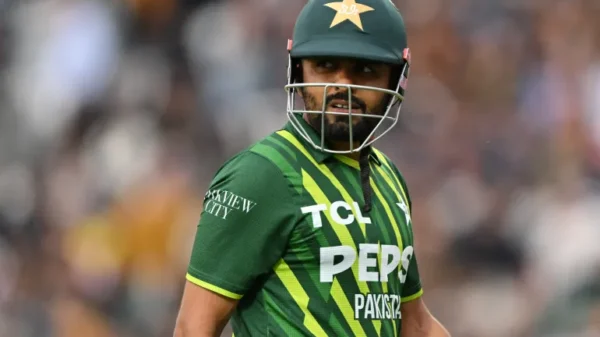It all started in Daska: The government was left with egg on its face after it failed to win the National Assembly seat in the by-elections despite allegedly engaging in massive pre-poll and polling day rigging.
Its failure to demonstrate its vote bank is intact will continue to haunt the ruling Pakistan Tehreek-i-Insaaf party for the weeks, months, and probably years to come.
The move on the part of the 11-party opposition Pakistan Democratic Move- ment (PDM) to field former Prime Minister Yousaf Raza Gillani had already perturbed the ruling party. They smelt a rat; something was cooking up. The battle for the control of the Upper House of the Parliament picked up momentum.
An attempt in the Parliament to force open ballot for Senate election was aborted. A parallel effort in the Supreme Court of Pakistan fizzled out and the Election Commission of Pakistan determined it was free to hold the Senate election through secret ballot like in the past. The Daska fiasco and defeat on almost all the by-election seats in the country dealt a serious blow to Prime Minister Imran Khan’s government. While the major focus was on the Islamabad seat where Yousaf Raza Gillani was to give Imran
Khan the shock his life by defeating his Finance Minister Hafeez Sheikh, the Chaudharis of Gujrat used their good offices in striking a deal with the Pakistan Muslim League (Nawaz) bigwigs to reach a political deal on Senate seats. And they managed it successfully.
The seats were divided among the parties in proportion to their strength in the Punjab Assembly. It was a rare master stroke in the recent political history where two arch rivals PML-N and PTI agreed to make such a cordial arrangement. The Pakistan Muslim League-Q got one seat while PTI and PML-N had five each. There were no political wheeling and dealing involved and it all went smooth as silk.
The credit goes to the speaker of Punjab Assembly, Chaudhry Pervez Elahi, who paved way for the negotiations through back-channel contacts. Everyone woke up to a pleasant surprise amid the toxic political atmosphere in the wake of the Daska debacle. Neither of the parties was ready to budge from their hardened positions but the power brokers in Punjab made the moves very furtively. And yet, the news of a patch-up between the two bitter rivals on Senate seats from Punjab came as a surprise. Nobody was willing to believe until the mediator went public and announced that a historic deal has been done. Still, the two rivals steadfastly refused to break their silence.
Maryam Nawaz Sharif kept mum when asked how her party had struck a deal with sworn enemy Imran Khan’s party. “I think it is better not to say anything on this,” remarked Maryam to a query by journalists on the day the adjustments were made public. Some circles believe Maryam Nawaz was kept in the dark on the development.
Neither was there a word from the Buzdar government. It suited both the parties though.
The PML-N was seemingly happy that it would now focus more on the high-value Islamabad seat where Pakistan Peoples’ Party – a key member of the PDM coalition had fielded its candidate against PTI’s Hafeez Sheikh. The PTI leadership also breathed a sigh of relief, knowing full well the party was beset with infighting and would be better off making a deal than entering the contest.
A seasoned politician, Speaker Punjab Assembly Chaudhry Pervez Elahi proved his mettle once more while Chief Minister Usman Buzdar, Imran Khan’s famous Wasim Akram Plus, was left out of the loop yet again.
Observers say Buzdar’s inability to deal with party infighting at this critical juncture combined with his anaemic grip of governance has rendered him a lame duck chief minister of the largest province of the country.
However, the way things are developing, this may be the least of Prime Minister Khan’s worries. Both the backchannel deal over the Senate seats from Punjab and the Gillani win from Islamabad lend credence to Bilawal Bhutto’s claims of bringing about a political change. Which of the myriad political fronts the PDM opens to test Khan is entirely up to the opposition coalition’s leadership.










